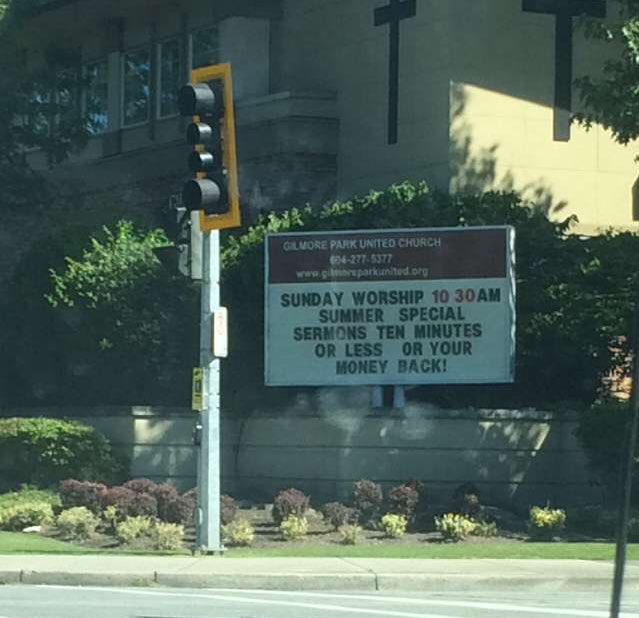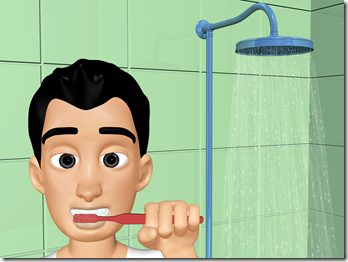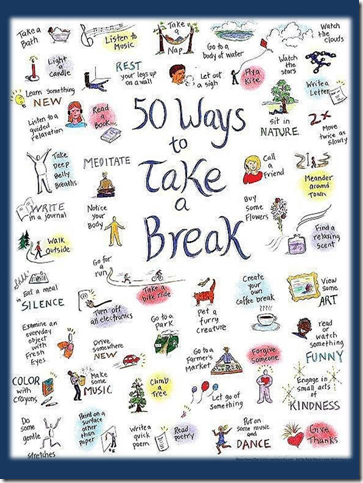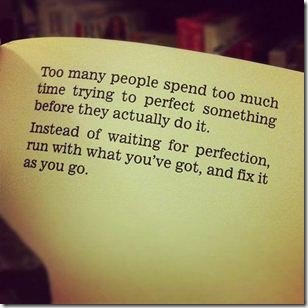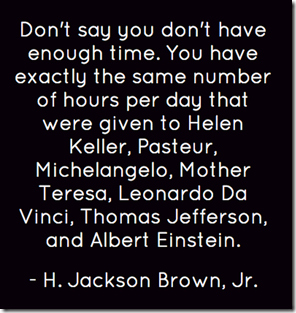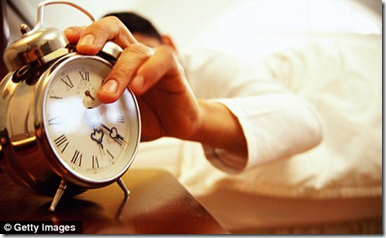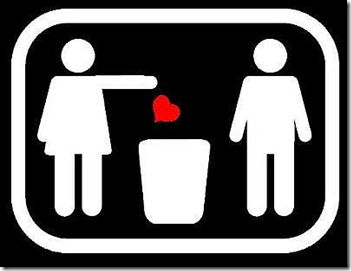A 99 year-old great grandfather offers 25 pieces of advice. My favorite is this one:
Everyone has too many clothes. Wear what you have and quit buying more.
I know many people who, if given the chance, would spend every weekend buying clothing. Many people.
I also know too many people who actually spend every weekend buying clothing.
A friend once told me that she couldn’t ever spend a day in New York City with me because if she was ever in possession of that much time away from her children, she would want to spend it at the outlets.
I thought she was kidding. She wasn’t.
While speaking in Chicago recently, I was asked for some tips on productivity from an audience member. My response:
“Try owning one belt.”

I explained that when I opened up my suitcase in my hotel room, I thought that I’d forgotten to pack my belt, which would’ve forced me to purchase a new belt and thus doubling my current supply of belts.
I own one belt, I explained. It’s black on one side and brown on the other. It’s all that I have ever needed.
I know a person who owns 14 belts. I know another who owns 11. According to at least one fashion industry poll, the average American owns “more than five” belts.
Knowing nothing except the number of belts that a person owns, who would you expect to have more time in the day to be productive? The person owns one belt or the person who owns double digit belts?
Want a tip for productivity?
Simplicity. A reduction in unimportant decision making. A belief that everyone has too many clothes and everyone spends far too much time shopping for them. A conviction that clothing does not make the man. A realization that no one spends as much time looking at you as you think. A stand against the idea that shopping is a productive or relaxing or even a legitimate hobby. An understanding that our death beds, no of us will ever wish that we had more cashmere in our closets or spent more time at the outlets.
I watch people spend hours every week on their physical appearance but never exercise even once. Clothing and makeup and hair and nails and jewelry but never an elevated heart rate. This is insane.
Another example:
I essentially own two pairs of shoes: A pair of black cross training sneakers that I wear almost every day and a pair of black shoes that I wear on more formal occasions and when I am on stage.
In truth, I also own a pair of basketball sneakers for when I am on the court, two pairs of outdoor boots for hiking and cold weather, a fair of flip-flops for the summer, a pair of tuxedo shoes for when I’m working as a DJ, and an old pair of sneakers for mowing the lawn. I also still own the shoes that I wore on my wedding day, which I haven’t worn since, and the shoes that I was originally going to wear on my wedding day, which I have never worn.
But on 29 out of 30 days at least, I am wearing either my black sneakers or my black shoes.
And you know what? No one cares. People care about what I say and do. They care about what I write. They care about how I treat them and others. But no one cares about the shoes on my feet.
Simplicity. That is one of the ways that I get things done. I try like hell to remember what is important and live my life the way the 99 year-old version of myself would want me to live.
That future self will not lament my lack of variety in belts and shoes. He will not wish that I had spent more time shopping for clothing.
Instead, he will lament wasting time on things that didn’t matter. Not filling my life with family and friends and meaningful, memorable experiences that do not include retail or discount shopping.
I keep that 99 year-old version of my at the forefront of my mind at all times. He guides my life. Helps me maintain the big picture. Reminds me about what is really important. How best to spend my time.
He tells me that one belt is enough.


